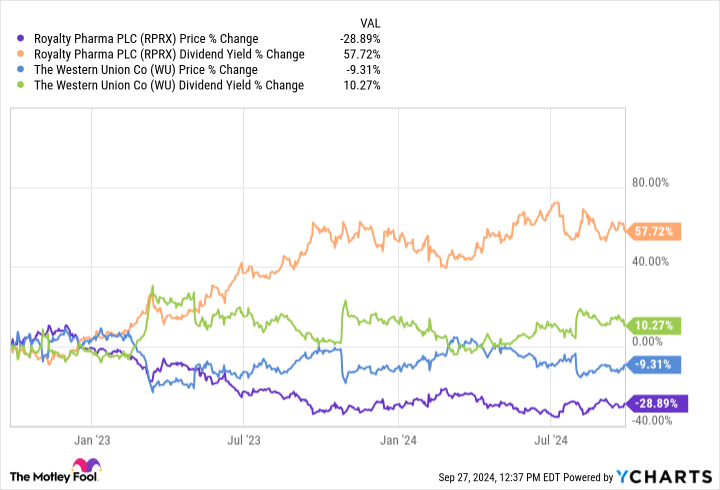
DEVELOPING STORYDEVELOPING STORY,
While Hezbollah has yet to comment, Israel says it hit the group’s leaders at their headquarters in south Beirut.
The Israeli military says it has killed Hezbollah’s leader Hassan Nasrallah in an air attack on Lebanon’s capital Beirut, although the group has yet to issue a statement on his fate.
“Hassan Nasrallah is dead,” military spokesman Lieutenant Colonel Nadav Shoshani announced on X on Saturday.
Ali Karki, the commander of Hezbollah’s southern front, and additional Hezbollah commanders were also killed in the massive air strike in Beirut’s southern suburb of Dahiyeh on Friday, the Israeli military claimed.
The Lebanese Ministry of Public Health said a total of six people were killed and 91 injured in the bombardment, which levelled six apartment buildings. Israeli air attacks continued to hammer Beirut’s southern suburbs and other areas of Lebanon on Saturday.
While Hezbollah issued no formal statement on Nasrallah, a source close to the group told the AFP news agency that contact with him had been lost since Friday.
Nasrallah, 64, has led the Iran-backed group for more than 32 years, serving as a political and spiritual leader guiding Hezbollah to a place of prominence in Lebanon.
Among his supporters, the Shia leader is lauded for standing up to Israel and defying the United States. To his enemies, he is the head of a terrorist organisation and a proxy for Iran in its tussle for influence in the Middle East.
“Hassan Nasrallah is a larger-than-life figure when it comes to the politics in the Middle East. He is the figurehead, Iran’s linchpin, if you will,” said Al Jazeera’s Stefanie Dekker. “He really created Hezbollah into the organised fighting, disciplined force that it is today.”
“He is not just a symbolic figure, he is a man who is behind the strategic thinking, the military thinking,” added Al Jazeera’s Zeina Khodr from Beirut. “No doubt this would be a major setback for the organisation.”
Nasrallah’s regional influence was on display over nearly a year of conflict ignited by the Gaza war, as Hezbollah entered the fray by firing on Israel from southern Lebanon in support of its Palestinian ally Hamas.
While conflict with Israel has largely defined Nasrallah’s leadership, he is a divisive figure in Lebanon and the wider Arab world due to Hezbollah’s operations in Syria and beyond.
Nasrallah also has numerous domestic foes, including Sunni and Druze political forces which Hezbollah has clashed with in the country. He has rarely been seen in public in recent years due to security concerns.
Israel’s military, in its statement claiming Nasrallah’s killing, accused the leader of being responsible for the “murder of many Israeli civilians and soldiers, and the planning and execution of thousands of terrorist activities”.
The military said it had not finished targeting Hezbollah leaders.
“The message is simple, anyone who threatens the citizens of Israel – we will know how to reach them,” said the army’s chief of staff Herzi Halevi.
Nasrallah’s death would mean the loss of a “major asset in the region” for Iran, said Dekker.
“The day ahead is a big question mark for the region – what is Iran going to do? Is Iran going to respond?”
EMEA Tribune is not involved in this news article, it is taken from our partners and or from the News Agencies. Copyright and Credit go to the News Agencies, email news@emeatribune.com Follow our WhatsApp verified Channel




